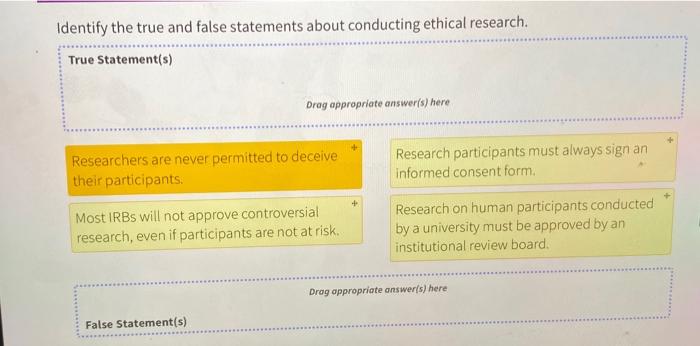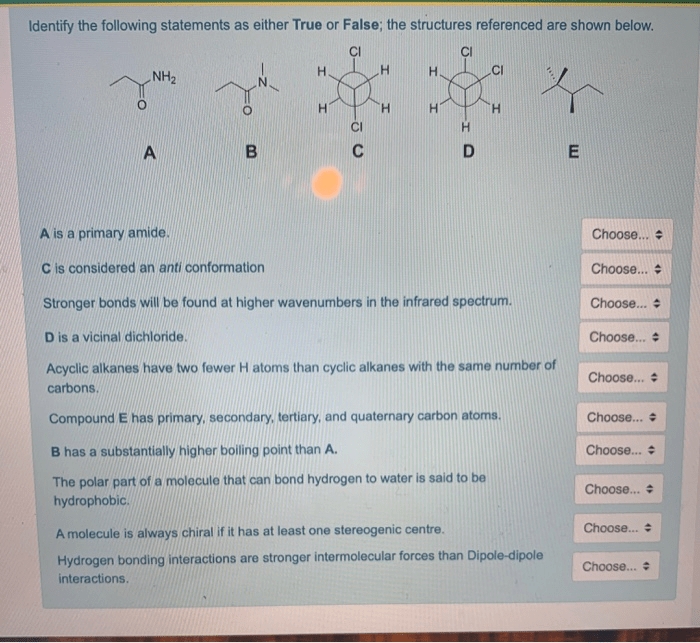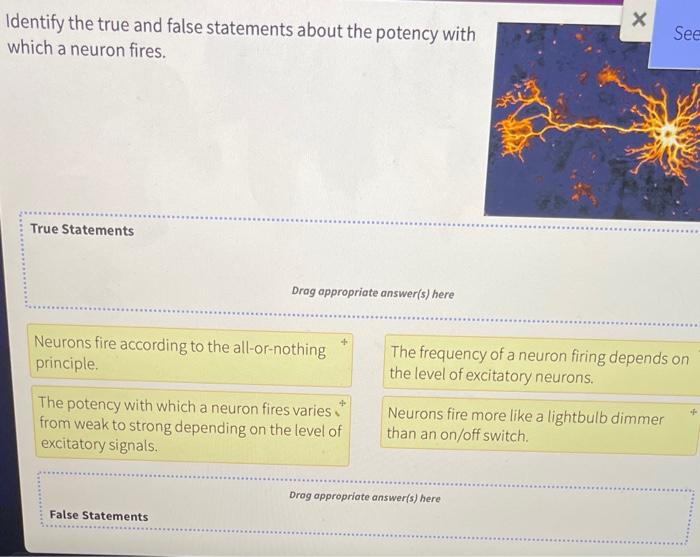Identify the true and false statements about nontraditional therapies. – In the realm of healthcare, the exploration of nontraditional therapies has sparked both intrigue and skepticism. This article aims to illuminate the critical distinction between truth and falsehood in this multifaceted field. By examining evidence, scrutinizing claims, and embracing ethical considerations, we empower readers to navigate the complexities of nontraditional therapies with informed decision-making.
Identifying True and False Statements about Nontraditional Therapies

Nontraditional therapies refer to a wide range of healthcare practices and treatments that fall outside the realm of conventional medicine. They encompass various approaches, including acupuncture, herbal remedies, massage therapy, and energy healing. Distinguishing between true and false statements about these therapies is crucial for making informed decisions regarding their use.
Common misconceptions and myths surrounding nontraditional therapies include claims of miraculous cures, lack of scientific evidence, and potential dangers. It is essential to critically evaluate these statements, as some may be exaggerated or unsubstantiated.
Evaluating Evidence and Sources, Identify the true and false statements about nontraditional therapies.
Scientific evidence plays a vital role in assessing the validity of nontraditional therapies. Studies and research can provide insights into their effectiveness, safety, and potential side effects. When evaluating information sources, it is crucial to consider their credibility and reliability.
Reputable organizations and resources for research include academic journals, medical databases, and professional associations. These sources often undergo rigorous peer review processes, ensuring the accuracy and validity of the information presented.
Analyzing Claims and Promises
Critically examining claims made about nontraditional therapies is essential. Exaggerated or unsubstantiated claims should be viewed with caution. It is important to differentiate between anecdotal evidence, which can be subjective and unreliable, and scientific evidence, which provides a more objective assessment of a therapy’s effectiveness.
Relying solely on anecdotal evidence can lead to biased conclusions and potential risks. It is crucial to consider the totality of available evidence, including both scientific studies and patient experiences, when making informed decisions about nontraditional therapies.
Ethical Considerations
Promoting or using nontraditional therapies involves ethical considerations. Informed consent is paramount, ensuring that individuals fully understand the potential benefits and risks before undergoing treatment. Transparency is also essential, with practitioners clearly communicating the limitations and uncertainties associated with nontraditional therapies.
Ethical guidelines for practitioners of nontraditional therapies exist to protect patients and ensure responsible practices. These guidelines often address issues such as scope of practice, informed consent, and the integration of nontraditional therapies with conventional medicine.
Communicating Effectively
Communicating clearly and accurately about nontraditional therapies is crucial. Healthcare professionals have a responsibility to provide evidence-based information to patients and the public. Effective communication involves using clear language, avoiding jargon, and addressing potential misconceptions.
When discussing nontraditional therapies, it is important to present a balanced view, considering both their potential benefits and limitations. Patients should be encouraged to ask questions and actively participate in decision-making regarding their healthcare.
FAQ Compilation: Identify The True And False Statements About Nontraditional Therapies.
What defines nontraditional therapies?
Nontraditional therapies encompass a diverse range of healthcare practices that fall outside the realm of conventional Western medicine. They often draw upon ancient traditions, natural remedies, and holistic approaches.
Why is it crucial to distinguish between true and false statements about nontraditional therapies?
Accurate information is essential for informed decision-making. False or exaggerated claims can mislead patients, leading to unrealistic expectations, potential harm, and a diminished trust in healthcare providers.
How can we evaluate the credibility of information sources on nontraditional therapies?
Reputable sources, such as peer-reviewed journals, research institutions, and evidence-based organizations, provide reliable information. Seek sources that are transparent about their funding and affiliations to ensure objectivity.


